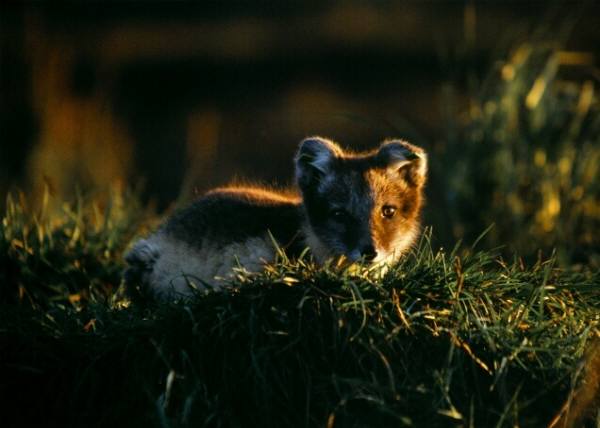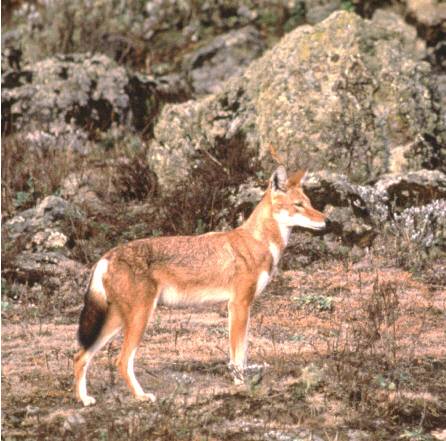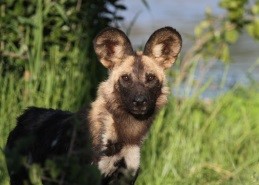
working groups

The overall goal of the Dingo Working Group is to promote the study and conservation of dingoes in Australia and New Guinea, including a deeper understanding of their ecological and socio-cultural value, genetic relationships between sub-populations, and appropriate strategies to balance their conservation with other management objectives within their range.
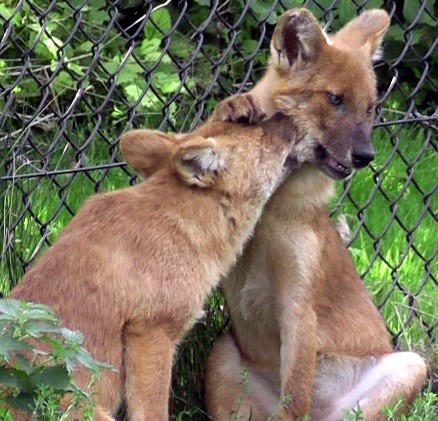
The overall goal of the Dhole Working Group is to gather information about dhole ecology, biology and conservation status that will lead to formulation of research priorities. The working group also aims to promote conservation of this species through facilitating research collaboration and dissemination of research findings to the scientific community and public.
Island, Kit & Swift Fox Working Group
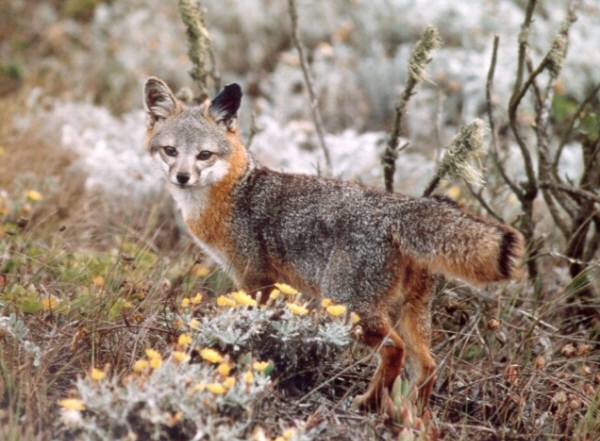
Brian Cypher and Donelle Schwalm are the coordinators of the Island, Kit & Swift Fox Working Group. The working group report that for both kit foxes and swift foxes, habitat continues to be lost and remaining habitat is increasing subject to degradation, fragmentation, and incompatible uses. The future prognosis for island foxes is however significantly improved. After 4 of 6 subspecies suffered catastrophic declines due to novel predators and disease, mitigation measures have been immensely successful and these 4 populations have returned to or are approaching pre-decline levels. This page highlights some of the recent issues and current conservation needs for these species.
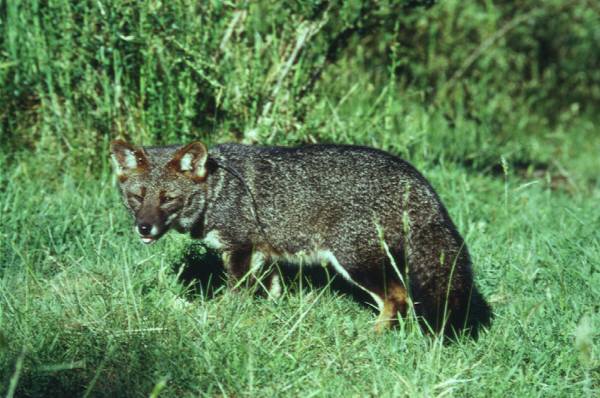
The threatened Darwin’s fox, P. Fulvipes illustrated in the photo is endemic to southern Chile, restricted to the forests of Chiloé Island, and a few patches of mainland coastal forest up to the Nahuelbuta National Park. The South Cone Fox Working group is addressing key issues in the conservation and research of species within the Pseudalapex (Lycalopex) genus.
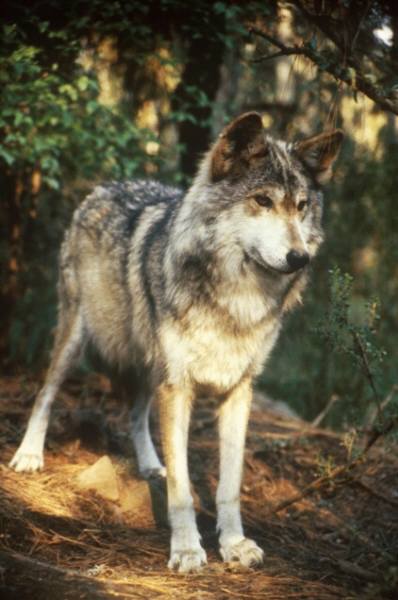
The Wolf working group (formally the Wolf specialist group) is an international organisation of experts on wolves. With wolf conservation matters of internal significance, cooperation across the key geographic areas is paramount. The working group plays a key role in this by allowing for the joint planning of conservation programs, exchange of experiences, research and publications and an assembly of knowledgeable personnel across the globe.
Taxonomy & Nomenclature Working Group
The CSG Taxonomy & Nomenclature Working Group periodically reviews and recommends updates to taxonomic designations of canids on the basis of updated scientific information.
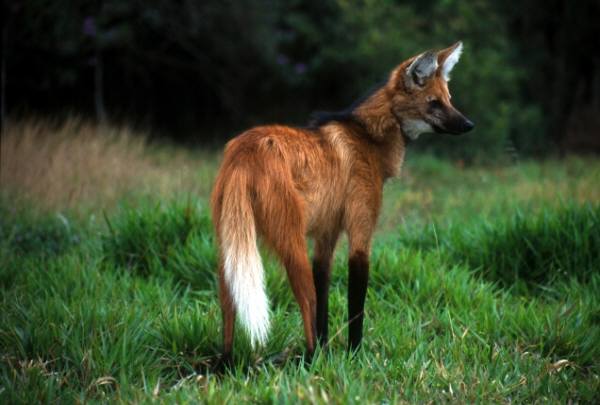
The Maned Wolf Working Group is an organization within the IUCN’s Canid Specialist Group created as a tool to improve the communication among the countries where the maned wolf occurs. It is composed of researchers from several areas of interest aiming to work in collaboration to discuss and implement strategies for a better assessment of information and reduction of impacts related to the largest South American canid species.
Amazonian Canids Working Group
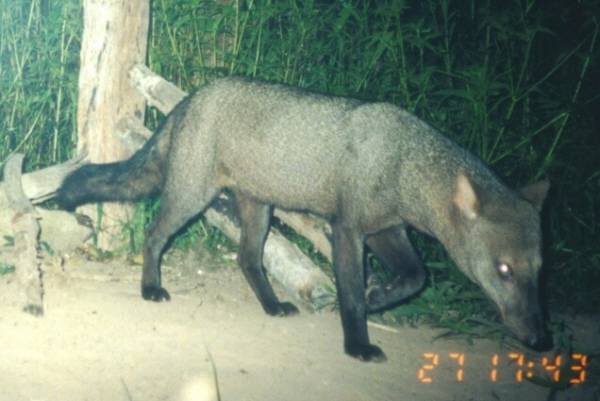
Karen DeMatteo and Fernanda Michalski are the coordinators of the Amazonian Canids Working Group. This working group is focused on four species: the short-eared dog, crab-eating fox, bush dog, and South American foxes. Amazonian canids are similar to many carnivores worldwide whose long-term survival is threatened by a variety of direct and indirect threats, including habitat loss, expansion of hydroelectric dams, illegal hunting of prey, and diseases from domestic dogs.
